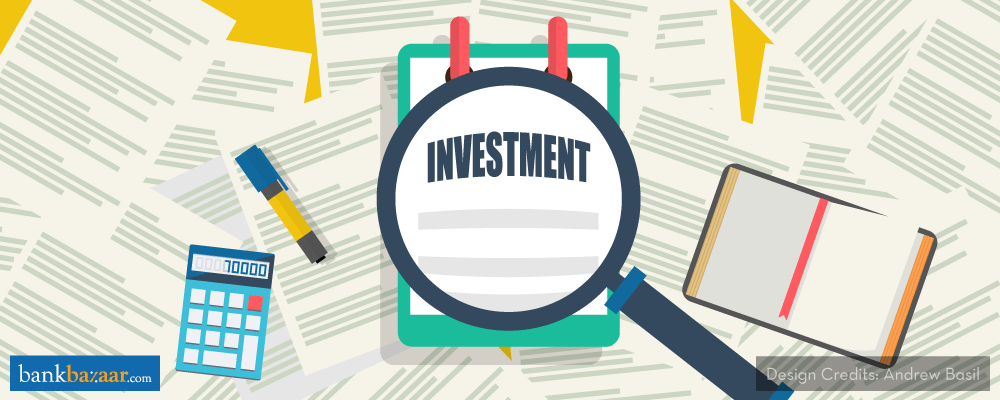The investment declaration is sought by the employers to ascertain the tax that needs to be deducted from the salary of their employees. It is, hence, wise to assess your financial situation before making an investment declaration.

As the financial year nears completion, employers will start reminding employees to submit a declaration of their investments. The investment declaration is sought by the employers with existing and proposed investment to ascertain the tax that needs to be deducted from the employee’s salary. Declaration involves an employee submitting only the tax saving plan proposed for the rest of the year. This does not entail any document or proof immediately to support the declaration.
Assess Your Financial Position
Before you make an investment declaration, you should assess your current financial situation and factor in expenditures for the year. This would help you in figuring out how much money you can invest for tax saving purposes. For instance, you have an annual income of Rs. 10 lakhs and you require Rs. 6 lakhs for various expenses, then you would be left with Rs. 4 lakhs to make investments. Now you must select the appropriate tax saving instrument as per your financial goals, risk appetite and return expectation.
Reduce Your Tax Liability
Tax saving investment under Sec 80 (C) to get the deduction benefit up to Rs. 1.5 lakhs is amongst the most popular way to reduce your taxable income. It includes investment products such as PPF, tax saving FD, ELSS, investment in an eligible Insurance Plan, NSCs and more. You can also claim a deduction on the Home Loan interest for an amount up to Rs. 2 lakh under Section 24 for Home Loan interest paid during the year, and tuition fees for Education Loan interest under Section 80E.
Additionally get deduction benefit under the Section 80 (D) for the premium paid for buying a Health Policy. Under Section 80 (D) you can get a deduction up to Rs 60,000 if you pay a premium for self and your parents and your age is above 60 years.
Under Sec 80 (TTA), you can get the tax deduction benefit for interest from a savings account, subject to a maximum benefit of Rs 10,000 in a financial year. Moreover, you can invest in NPS which will qualify you for exemption of Rs. 50,000 under Sec 80 (CCD), in additional to the tax deduction benefit over and above Sec 80 (C) benefit.
Don’t forget to keep those travel tickets and medicals bills handy to claim tax benefit for leave travel allowance (LTA), and medical reimbursement. If you stay in a rented house, you will also get partial exemption from house rent allowance (HRA).
Based on all of these declarations, employer calculates the tentative tax liability that you may need to pay. Accordingly, employer will deduct tax from your salary every month in instalments to reduce burden, although some companies my do it in a single month.
Factors To Keep In Mind
- It is not mandatory to invest as per the declaration, but later on if your total tax saving is less than the tax collected by the employer or your expected tax liability, then the employer may cut the deficit tax from your remaining salary in the last few months before the financial year ends
- If you have not completed the tax saving investment declaration, then you can declare your expected investment amount for the remaining period of the financial year and employer would deduct the tax accordingly in the remaining months
- If you could not provide the proof to the employer, then the employer will deduct the complete tax as per calculation on the basis of available information. But, you don’t need to worry. At the time of filing the tax return you can claim the refund. You just need to file the return on time to avoid unnecessary delay in refund process.
BankBazaar is a leading online marketplace in India that helps consumers compare and apply for Credit Card, Personal Loan, Home Loan, Car Loan and insurance.